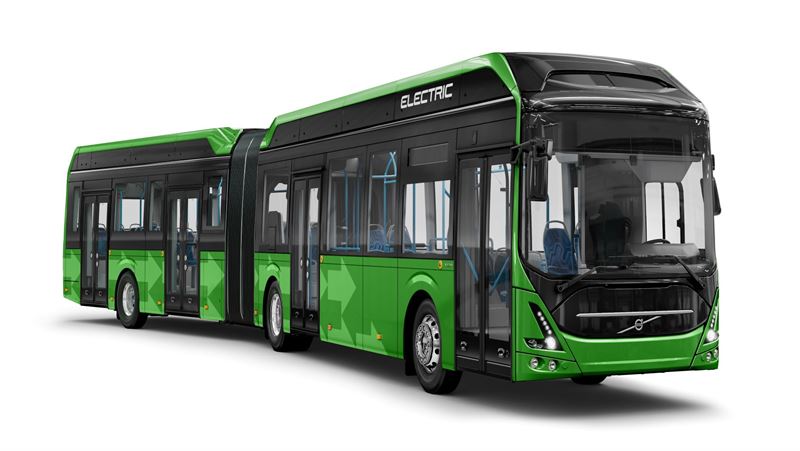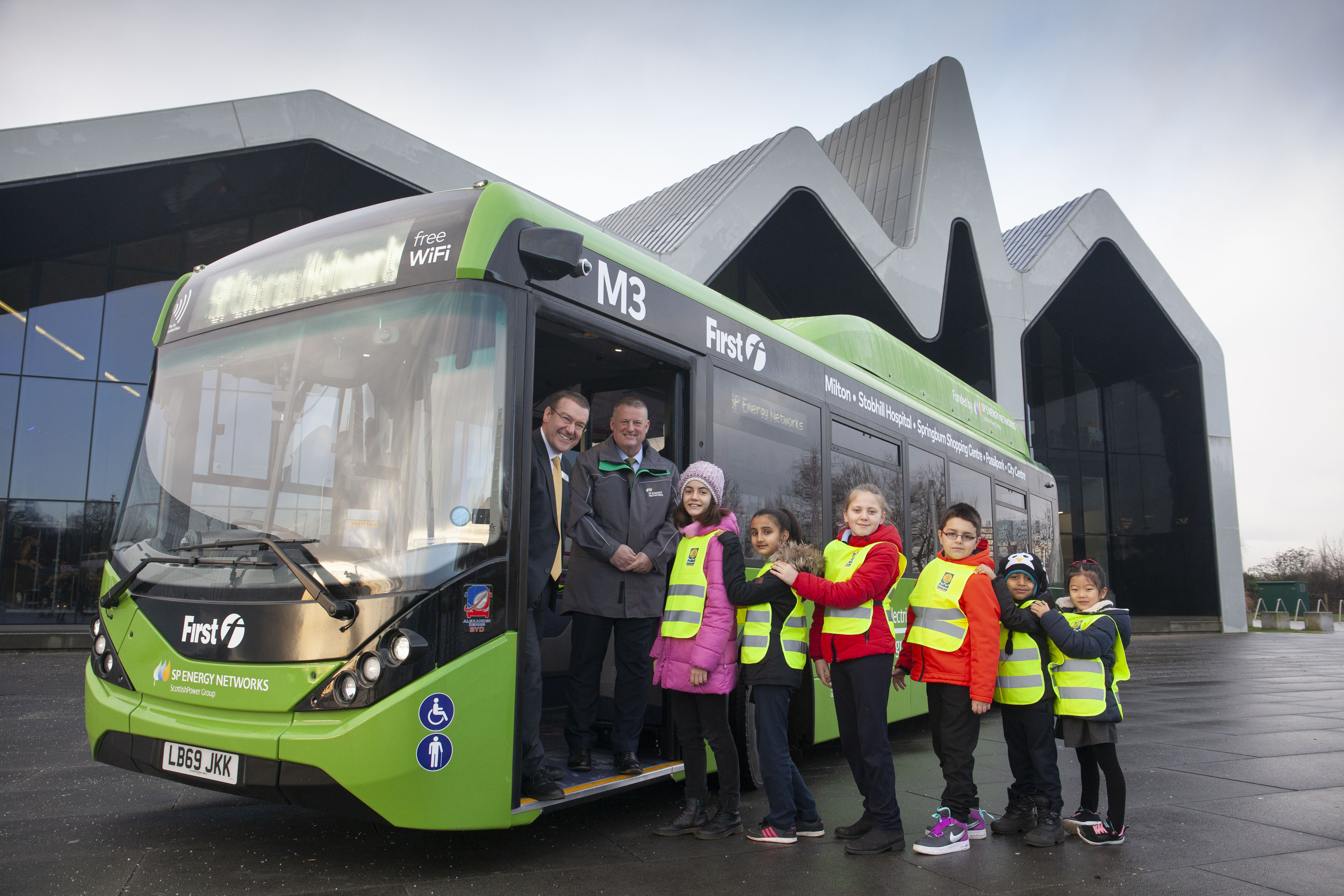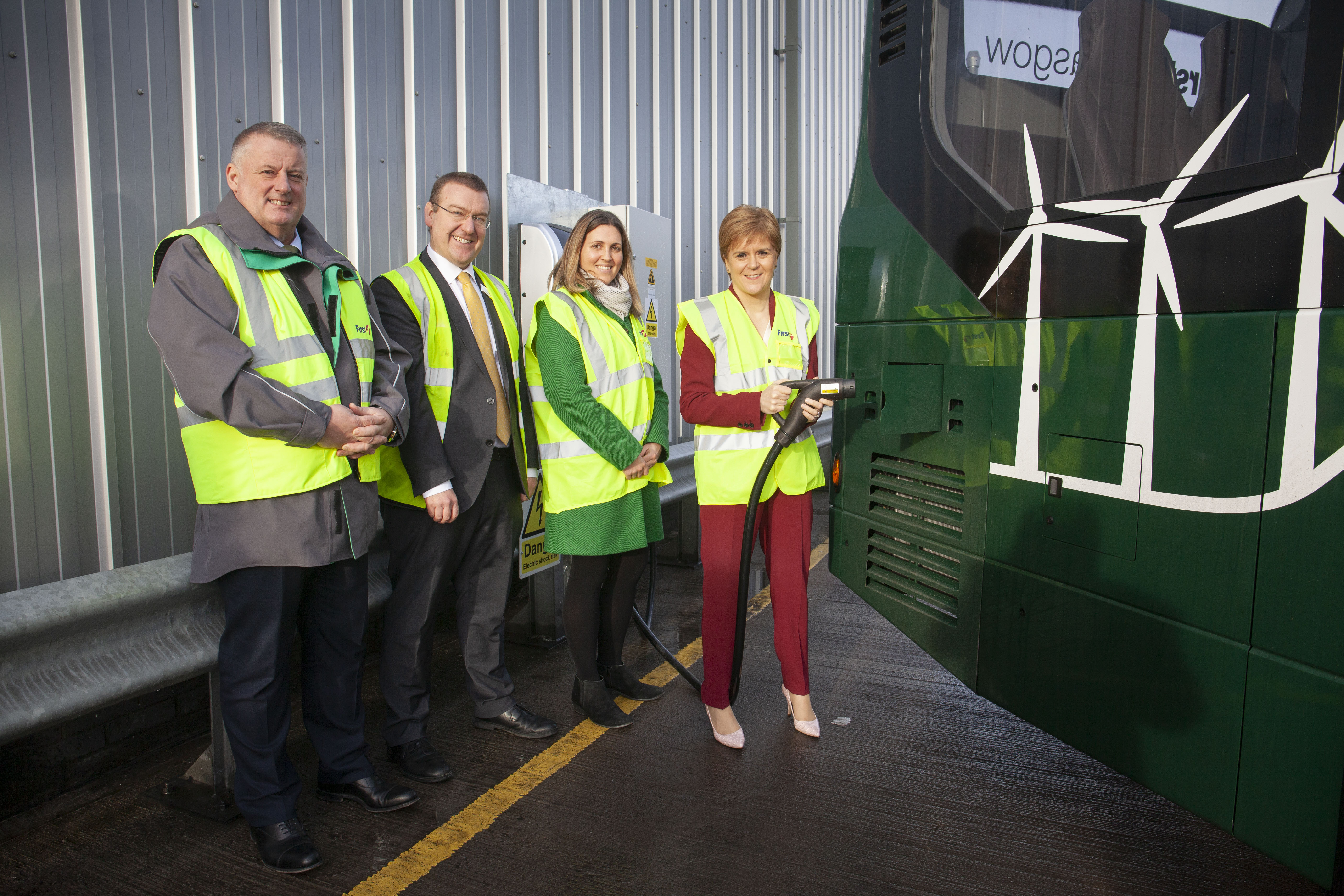Scottish cities have already pledged to up their game on clean public transport, but so far remain stuck in the slow lane.
Glasgow’s Low Emission Zone was condemned for failing to push out the worst polluting vehicles at launch.
There was much hype over the handful of electric buses finally coming into service.
While Hope Street remains the most polluted street in the country just months before world leaders attend the UN climate conference, at city venues a short asthma inducing walk away.
But cast your eyes to Sweden .. just 700 miles across the sea.
Two cities have just ordered a fleet numbering 220 between them within just a few months of each other.
Gothenburg set the pace, placing an order for 157 articulated buses for use by Transdev.

Now Malmo – the country’s third biggest city – has followed suit after Nobina placed an order with Volvo for a further 60.
It’s part of their nation’s commitment to switching to EVs as part of attempts to mitigate climate chaos.
The electric high-capacity buses ordered by Nobina in Malmö are of the Volvo 7900 Electric Articulated model, which was launched in autumn 2019.
They can carry up to 150 passengers and are 80 per cent more energy-efficient than corresponding diesel models. Their batteries can be quick-charged via OppChargeTM stations located on the bus route, or they can be charged when the buses are parked in the depot.
“We are seeing a rapid change of public transport where the electric buses and technology are meeting the needs of society and passengers for efficient, comfortable and sustainable public transport. Volvo’s electric articulated buses and high battery capacity meet our needs and high demands for modern and sustainable bus traffic in Malmö”, said Henrik Dagnäs, MD at Nobina Sweden.
Håkan Agnevall, President of Volvo Buses., said: “It is immensely gratifying to receive yet another significant order for electric buses. In a short space of time we have taken orders for 220 electric buses from two of Sweden’s largest cities.
“This shows that electric buses are already a viable solution for cities that want public transport with long-term sustainability – buses that make concrete improvements to the environment. What is more, electromobility creates entirely new opportunities for urban planning and improves flexibility for cities that want to bring public transport closer to where people actually live and work.”
First Glasgow launched its EV service last month .. with two EV vehicles.
In a media release the company said it had become “the city’s first commercial bus operator to introduce state-of-the-art fully-electric vehicles onto a commercial bus route since the 1960s, following full funding from electricity distributor SP Energy Networks.”
The new single decker vehicles service the M3 route, which connects communities in Milton and Springburn with Stobhill Hospital and the city centre.

Built by Alexander Dennis at their Falkirk factory, have the latest mirrorless smartvision technology, which removes the need for wing mirrors, helps reduce blind spots for drivers and even helps to reduce the effects of bad weather on their vision via the state-of-the-art CCTV system.
The new vehicles also have USB charging points, on-board audio-visual next stop announcements and free Wi-Fi to “provide a better customer experience”.

At their launch, First Minister Nicola Sturgeon said: “A key part of our plans is encouraging greater use of public transport as well as phasing out petrol and diesel vehicles. It’s so great to see First and SP Energy Networks playing their part in helping us to achieve our goal of net-zero carbon emissions by 2045.”
First Glasgow is the largest bus operator in the city running services on more than 80 different routes.
Away from its two new EVs, the company operates more than 800 conventional buses and employs around 2,100 staff.
Andrew Jarvis, Managing Director for First Glasgow, pledged: “As a business, one of our main goals is to make buses part of the solution when it comes to improving air quality in the city.”
Summing ip the challenge, Frank Mitchell, CEO at SP Energy Networks, said: “Glasgow has ambitious plans to be the UK’s first net zero carbon city by 2030 but for that to happen there will be big changes across the city.”
Glasgow hosts Cop 26 in November, 2020.
Image Credit: Volvo
